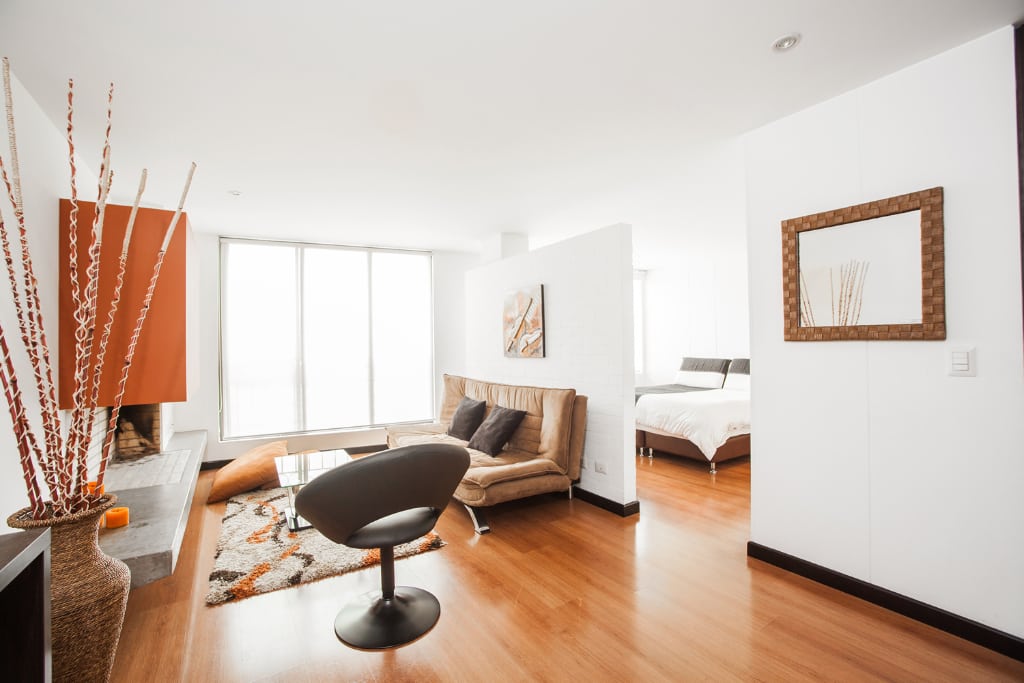Vacasa Snaps Up Hyatt-Backed Luxury Rental Brand Oasis

Skift Take
Despite everyone's happy talk, this deal smells like Hyatt was disenchanted by Oasis' performance and eager to unload its investment stake. That aside, the deal boosts Vacasa in an area where it has been underserved to date.
Vacasa, a property management company that uses technology to wring efficiencies out of vacation rental marketing and distribution, is acquiring the inventory and hiring the employees of Oasis, a serviced home rentals platform.
The companies didn't share financial details of the deal.
From the outside, it appears that Oasis didn't live up to its early hype.
Thirteen months ago, Hyatt revealed it had made an unspecified but "significant" strategic minority investment in Oasis, which brought the company's total fundraising to $35 million.
Hyatt integrated Oasis properties into its distribution and loyalty systems. Oasis properties became bookable on Hyatt's website under the corporation's Unbound Collection soft brand. In March 2018, Hyatt made it possible for more than 10 million active World of Hyatt members to earn and redeem points through stays at Oasis properties.
In a turnabout, Hyatt said Tuesday that it is breaking off ties with Oasis as part of the sale, at least for the time being — though existing reservations will be honored and given loyalty points and credits.
"Effective immediately, Oasis Collections is no longer affiliated with The Unbound Collection by Hyatt or the World of Hyatt loyalty program," said a Hyatt spokesperson by email.
"We recognize that customer demand for the alternative accommodations offering remains strong for occasions when travelers seek

